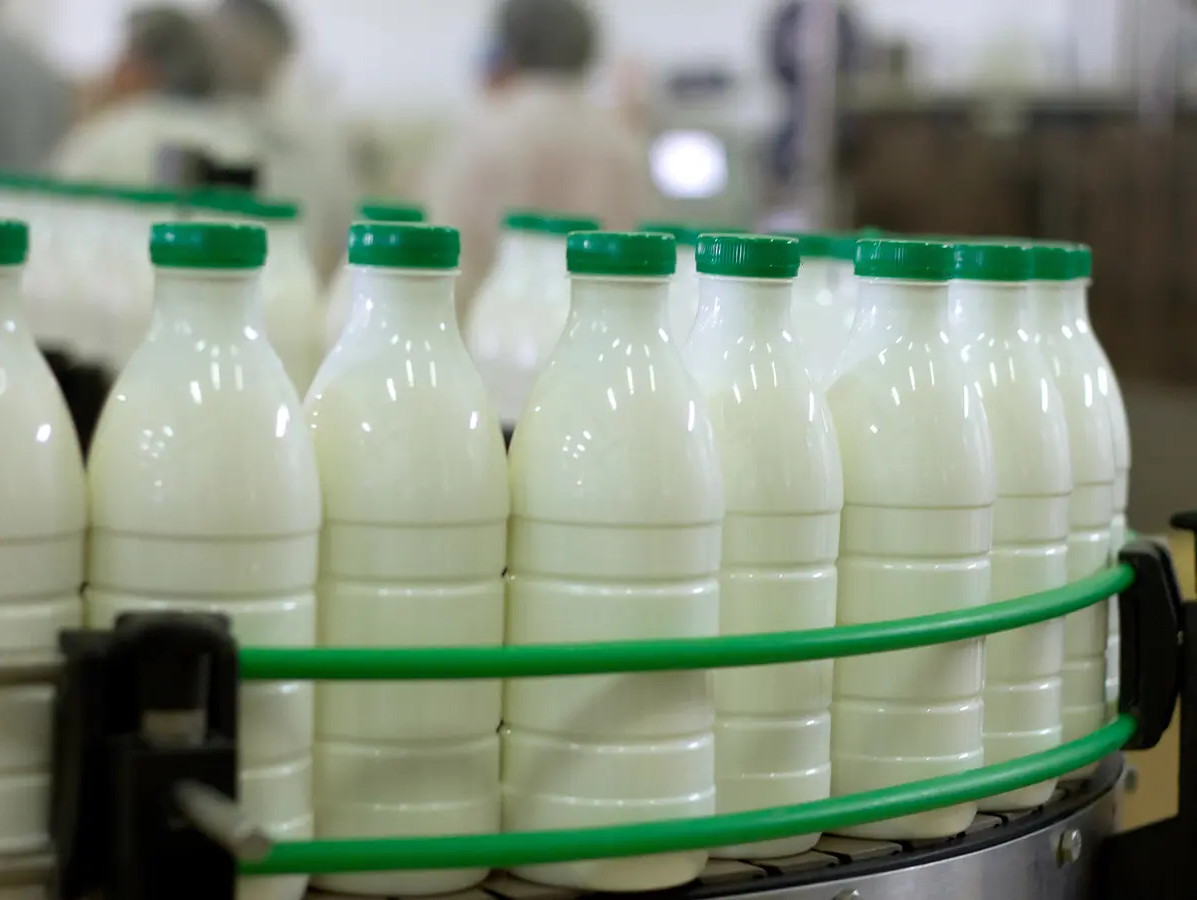
The Dutch export of dairy and eggs continues to grow. In 2024, the export value rose to €12.3 billion, an increase of 3.8% compared to the previous year. Imports, however, lagged slightly, with a modest rise of 1.1% to €5.7 billion. France and Belgium, in particular, demanded more Dutch products, with growth rates of 9% and 7% respectively. Germany showed a smaller increase, with a modest 2% rise.
Milk, cream, butter, and related products constitute the largest export group, accounting for over €6.3 billion—a 6% growth. On the import side, there was a decline of 2.7% to €3.3 billion. Cheese remains an important export product with a value of €5.3 billion, although this market grew by only 1.8%. Cheese imports increased more significantly, with a 7.5% rise to over €2 billion. The export of eggs and egg products showed a slight decline, while imports increased by 3.1%.
Dutch milk production decreased by nearly 2% in 2024 due to a reduction in the number of dairy cows and the impact of bluetongue, which affected 38% of cattle farms. Although the milk price recovered to 55 cents per litre in November, margins remain under pressure due to high costs for manure disposal and energy. The egg market also faced challenges due to global avian influenza outbreaks, keeping prices high. Imports from Ukraine continued to play an important role, thanks to relaxed import regulations.
Despite these challenges, the Netherlands remains a key player in the international dairy and egg trade.
More statistics can be found in the report ‘De Nederlandse agrarische sector in internationaal verband – editie 2025.’
Source: WUR